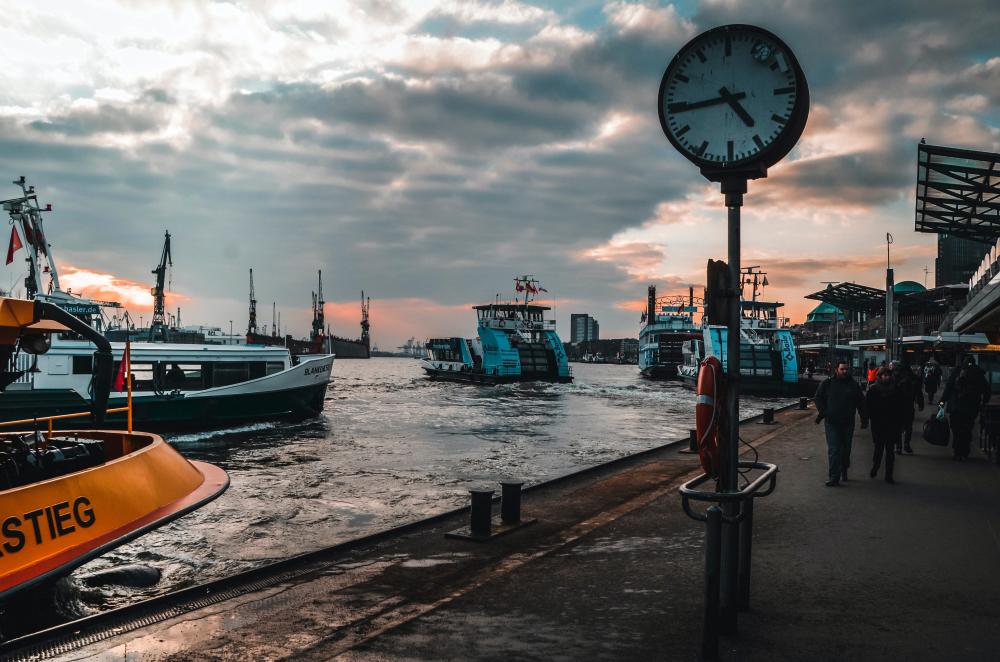MALAYSIA’S economic development is heavily dependent on maritime commerce, which is recognised as having national strategic interests and maritime geopolitical values. The government prioritises maritime transport as part of the country’s goal of achieving industrial revolution.
According to the United Nations Conference on Trade and Development’s review of maritime transport, Malaysia ranked 31st in the world in terms of fleet ownership by deadweight and 23rd in terms of registration by deadweight in 2020.
Significantly expanded freight volumes must be handled securely and effectively between origin and destination, necessitating the appointment of skilled seafarers. They are the lifeblood of global shipping that transports 80% of the world’s goods, including our daily needs, by sea. Unlike most other professions, seafaring requires individuals to spend substantial periods of time working at sea. Nevertheless, seafarers are considered a neglected profession, overlooked by the world.
Many are unaware of the importance of seafarers, resulting in them not receiving the necessary support. The Covid-19 pandemic further highlights the struggle of seafarers. Who is assisting in bringing constructive change to their careers?
Many seafarers have been working in an already challenging environment. The pandemic has further complicated their lives. Seafarers can no longer enjoy their shore leave due the lengthy quarantine period, often unpaid during signing on and off, and have to follow strict standard operating procedures.
Malaysia has demonstrated its effectiveness in adapting to health laws to meet the country’s needs, yet the issues concerning procedures faced by seafarers are rather passive. Concerns about their mental and physical well-being should not be overlooked. Fatigue, depression and panic attacks can impair their capacity to accomplish duties properly and safely. As a result, assisting them in coming home, visiting their families and being with loved ones are vital.
The maritime industry stakeholders, namely shipowners, seafarers’ organisations and other non-governmental organisations, should collaborate with the relevant agencies to provide comprehensive and coherent guidance to limit the impact of the pandemic on seafarers. They are unsung heroes who have persisted through hardship to deliver supplies and essentials, despite health concerns and restrictions.
The International Maritime Organisation first recognised June 25, 2011 as the day of seafarers, to appreciate the invaluable contribution they make to international trade and the world economy. But after 10 years, where is Malaysia on that?
We should share how much they mean to us and the world at large. If we do not provide them with fair working conditions, they will seek better jobs onshore, and thus the high demand for professional seafarers to serve the shipping sector will never be fulfilled. It is time we valued their work, efforts and sacrifices.
Dr Izyan Munirah Mohd Zaideen
Senior lecturer at the Faculty of Maritime Studies in Universiti Malaysia Terengganu.
Capt Mohd Faizal Ramli
Offshore Oil and Gas marine specialist, seafarer and graduate of the Malaysian Maritime Academy and Universiti Malaysia Terengganu.










